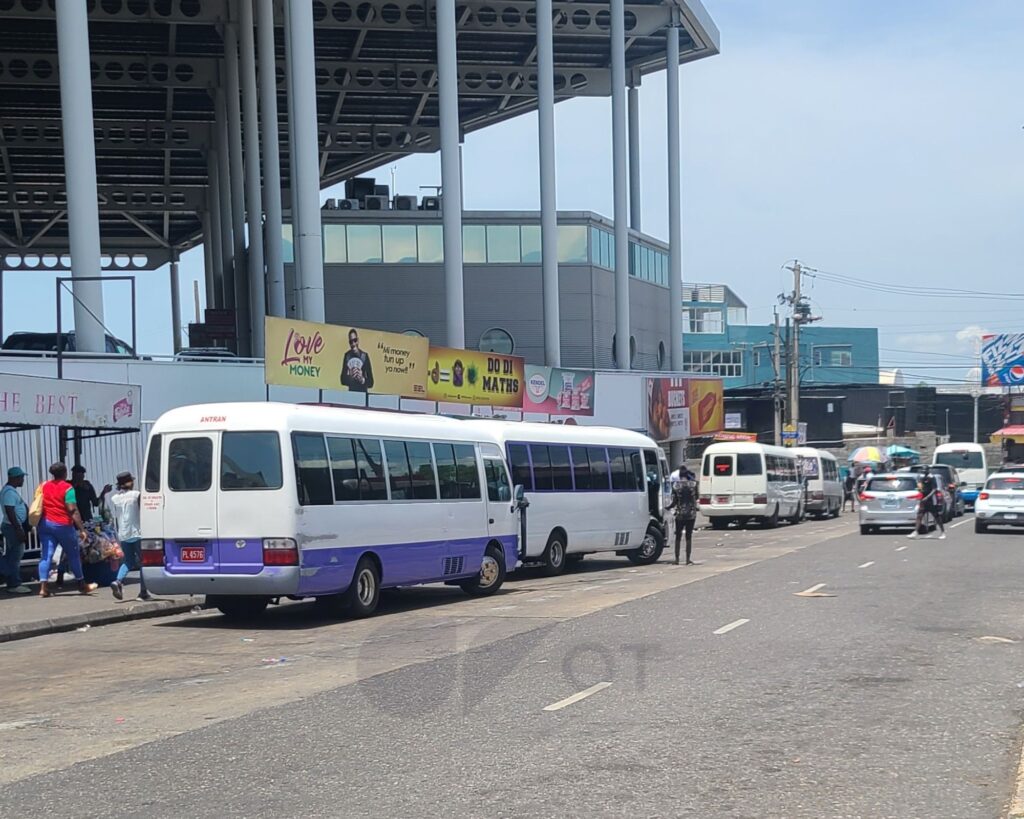

Taxi operators are increasingly open to adopting EVs, recognizing their potential benefits (Pryce, 2023). Egerton Newman, President of the Transport Operators Development Sustainable Services, emphasizes the urgent need to replace the aging public passenger vehicle (PPV) fleet with more efficient and eco-friendly alternatives (Pryce, 2023). Moreover, safety concerns associated with Jamaican taxis underscore the necessity for a more regulated transportation system (Pryce, 2023).
Former Transport Minister Robert Montague’s proposal for mandatory GPS tracking and surveillance cameras in buses and taxis aims to address longstanding security issues within the transportation sector (Kemble, 2018). This initiative, combined with recent upgrades to Jamaica Urban Transit Company (JUTC) buses and the installation of surveillance cameras, demonstrates a commitment to enhancing passenger safety (Jamaica Observer, 2024; Kemble, 2018).

In light of these advancements, current Transport Minister Daryl Vaz has the opportunity to expedite the transition to electric vehicles among taxi operators. By providing incentives such as free EV upgrades in exchange for full licensing, clearance of traffic fines, and adoption of the Bank of Jamaica’s cryptocurrency wallet for CBDC transactions named JAMDEX, the government can encourage a swift and comprehensive shift toward sustainable transportation (Jamaica Observer, 2024; Pryce, 2023).
Implementing GPS tracking and surveillance cameras in these upgraded EV taxis and coaster buses would not only enhance security but also enable efficient monitoring of their operations (Kemble, 2018). This integrated approach aligns with Montague’s vision of leveraging technology to modernize Jamaica’s transportation infrastructure (Kemble, 2018). Additionally, by mandating the use of JAMDEX for fare payments, the government can streamline transactions and reduce the risk of unregistered taxis operating in the informal economy (Pryce, 2023).

The integration of GPS tracking, surveillance cameras, and CBDC transactions provides a multifaceted solution to some of the most pressing challenges facing Jamaica’s transportation sector. Incorporating AI technology for video analysis and integrating with the Traffic Ticket Management System (TTMS) promises a future where AI-driven solutions handle repetitive tasks, freeing up resources for more strategic endeavors (Kemble, 2018). Moreover, this comprehensive approach fosters greater transparency, accountability, and safety within the transportation ecosystem.
In conclusion, the adoption of electric vehicles among taxi operators represents a significant step in modernizing Jamaica’s transportation sector. Through incentives, technology, and regulatory frameworks, the government can facilitate a seamless transition to sustainable and secure transportation networks. As Jamaica embraces the electric vehicle revolution, it lays the foundation for a more resilient, efficient, and equitable transportation system for future generations.
References:
- Bennett, K. (2024, January 24). EV imports soar to $9-b a year after Gov’t incentive. Jamaica Observer. Retrieved from https://www.jamaicaobserver.com/2024/01/24/ev-imports-soar-9-b-year-govt-incentive/
- Kemble, S. (2018, June 20). Montague proposes mandatory GPS for buses, taxis. Jamaica Gleaner. Retrieved from https://jamaica-gleaner.com/article/lead-stories/20180620/montague-proposes-mandatory-gps-buses-taxis
- Jamaica Observer. (2024, January 30). Surveillance cameras to be installed in JUTC buses to boost security – Vaz. Retrieved from https://www.jamaicaobserver.com/2024/01/30/surveillance-cameras-installed-jutc-buses-boost-security-vaz/
- Jamaica Gleaner. (2019, September 16). Montague commits to reviewing NCOTA’s vehicle tracker proposal. Retrieved from https://jamaica-gleaner.com/article/news/20190916/montague-commits-reviewing-ncotas-vehicle-tracker-proposal
- Lyn, P. (2022, April 27). Electric vehicles are the future. Jamaica Gleaner. Retrieved from https://jamaica-gleaner.com/article/letters/20220427/electric-vehicles-are-future
- Pryce, T. (2023, November 20). Taxi group wants EVs for drivers. Jamaica Star. Retrieved from https://jamaica-star.com/article/news/20231120/taxi-group-wants-evs-drivers
Lindsworth Deer, Dip.Eng, (UTECH), BSc. Electronics and Chemistry (UWI), Dip.Ed (MICO) is a physics and integrated science teacher at Tivoli Gardens High School.






Comments